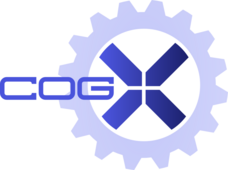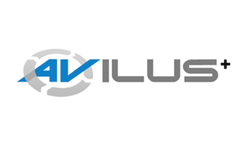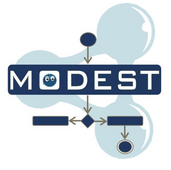
Projekte
Forschungsbereiche
- Agenten und Simulierte Realität 104
- Cyber-Physical Systems 74
- Data Science und Ihre Anwendungen 12
- Design Research eXplorations 12
- Educational Technology Lab 62
- Eingebettete Intelligenz 23
- Erfahrungsbasierte Lernende Systeme 12
- Erweiterte Realität 70
- Grundlagen der Systemischen KI 3
- Innovative Fabriksysteme 42
- Institut für Wirtschaftsinformatik 87
- Intelligente Analytik für Massendaten 17
- Intelligente Netze 45
- Interaktives Maschinelles Lernen 15
- KI für Assistive Gesundheitstechnologien 1
- KI in der medizinischen Bild- und Signalverarbeitung 5
- Kognitive Assistenzsysteme 170
- Kognitive Sozialsimulation 10
- Kooperative und Autonome Systeme 37
- Marine Perception 29
- Neuro-mechanistische Modellierung 2
- Robotics Innovation Center 168
- Smart Enterprise Engineering 24
- Smart Service Engineering 19
- Smarte Daten & Wissensdienste 131
- Speech and Language Technology 164
- Sprachtechnologie und Multilingualität 128
Forschungsthemen
- Autonome Systeme 143
- Data Management & Analysis 206
- IT Security 48
- Image Recognition & Understanding 84
- Lernende Systeme 264
- Mensch Maschine Interaktion 188
- Robotik 135
- Sensorik & Netzwerke 165
- Sonstige 162
- Sprache & Textverstehen 99
- Virtual & Augmented Reality 49
Anwendungsfelder
- Finanzwirtschaft 20
- Gesundheit & Medizin 147
- Handel & Logistik 59
- Industrie 4.0 180
- Landwirtschaft & Agrartechnik 53
- Lernen & Bildung 91
- Mobilität 99
- Smart Home & Assisted Living 56
- Sonstige 185
- Umwelt & Energie 125
- Wissen & Business Intelligence 72
Zeige Ergebnisse 951 bis 960 von 1149.
Forschungsbereiche
- Agenten und Simulierte Realität 104
- Cyber-Physical Systems 74
- Data Science und Ihre Anwendungen 12
- Design Research eXplorations 12
- Educational Technology Lab 62
- Eingebettete Intelligenz 23
- Erfahrungsbasierte Lernende Systeme 12
- Erweiterte Realität 70
- Grundlagen der Systemischen KI 3
- Innovative Fabriksysteme 42
- Institut für Wirtschaftsinformatik 87
- Intelligente Analytik für Massendaten 17
- Intelligente Netze 45
- Interaktives Maschinelles Lernen 15
- KI für Assistive Gesundheitstechnologien 1
- KI in der medizinischen Bild- und Signalverarbeitung 5
- Kognitive Assistenzsysteme 170
- Kognitive Sozialsimulation 10
- Kooperative und Autonome Systeme 37
- Marine Perception 29
- Neuro-mechanistische Modellierung 2
- Robotics Innovation Center 168
- Smart Enterprise Engineering 24
- Smart Service Engineering 19
- Smarte Daten & Wissensdienste 131
- Speech and Language Technology 164
- Sprachtechnologie und Multilingualität 128
Forschungsthemen
- Autonome Systeme 143
- Data Management & Analysis 206
- IT Security 48
- Image Recognition & Understanding 84
- Lernende Systeme 264
- Mensch Maschine Interaktion 188
- Robotik 135
- Sensorik & Netzwerke 165
- Sonstige 162
- Sprache & Textverstehen 99
- Virtual & Augmented Reality 49
Anwendungsfelder
- Finanzwirtschaft 20
- Gesundheit & Medizin 147
- Handel & Logistik 59
- Industrie 4.0 180
- Landwirtschaft & Agrartechnik 53
- Lernen & Bildung 91
- Mobilität 99
- Smart Home & Assisted Living 56
- Sonstige 185
- Umwelt & Energie 125
- Wissen & Business Intelligence 72






